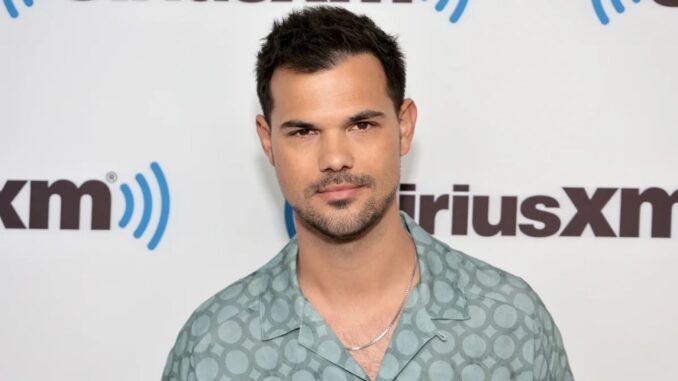
The Hunter and the Howl: Taylor Lautner's Poetic Return
The cinematic landscape is a vast forest, full of shadows and echoes, where actors often find themselves forever tethered to the spectral tail of their most iconic roles. For Taylor Lautner, that tail was distinctly furry, possessing a loyal heart and a penchant for phasing into a giant wolf. As Jacob Black in the Twilight saga, Lautner was synonymous with the growl, the swiftness, and the eternal anguish of unrequited love for Bella Swan. He was, in essence, the beloved werewolf.
Now, a decade after the saga concluded, the news arrives with the sharp glint of irony: Taylor Lautner returns to the screen, not as a shapeshifter, but as a werewolf hunter. The announcement of his new series, "Post Twilight md07," casts a fascinating light on an actor's journey, on the enduring power of typecasting, and on the delicious, poetic justice of narrative reinvention.
This isn't merely a career pivot; it's a thematic ouroboros, a full-circle narrative that devours its own tail. Imagine the actor who, for years, embodied the very essence of the lycanthrope – the primal instinct, the protective fury, the connection to the wild – now turning his sharpened silver of resolve against them. It's a symphony of poetic irony, playing out not just on screen, but in the collective memory of an audience that once saw him as the pack's alpha.
For Lautner, this new role must feel like a deliberate shedding of skin, a purposeful breaking from the gilded cage of his most famous character. Post-Twilight, many actors struggle to redefine themselves beyond the juggernaut that catapulted them to fame. The public’s eye, having etched a particular image onto its retina, finds it challenging to perceive anything else. Lautner, perhaps more than most, bore the weight of a character so specifically defined by his supernatural identity. To embrace the antagonist of that identity is not just a role; it’s a statement. It’s an actor declaring, "I will not merely escape my past; I will conquer it."
Consider the psychological layers this offers. Will there be moments where Lautner's new character, the seasoned hunter, perhaps hesitates, a flicker of understanding in his eyes as he faces down a creature so similar to the one he once was? Will the ghost of Jacob Black hover at the edges of the frame, a subtle nod to the audience's shared history with the actor? This isn’t just a show about hunting monsters; it’s a meta-narrative about an actor hunting the very monster of expectation, the shadow of his own success.
The illustrative power of this return lies in its stark contrast. Lautner, who once portrayed the soulful agony of a creature bound by transformation and instinct, now wields the tools of reason and strategy to eliminate such beings. He's no longer the one howling at the cinematic moon; he's the one silencing the howls. It suggests a maturity, a taking control of his own narrative, much like a hunter takes control of the hunt.
Ultimately, Taylor Lautner's return as a werewolf hunter is more than just another casting announcement. It's a compelling illustrative essay on the nature of artistic reinvention, the struggle against typecasting, and the profound, often humorous, ways in which an actor can engage with their own legacy. It’s a journey from the wild, untamed heart of the wolf to the calculated precision of its executioner, proving that sometimes, to truly move forward, one must confront – and perhaps even metaphorically slay – the very beast one once embodied. The forest awaits, and this time, Lautner is not running with the pack; he’s leading the pursuit.
